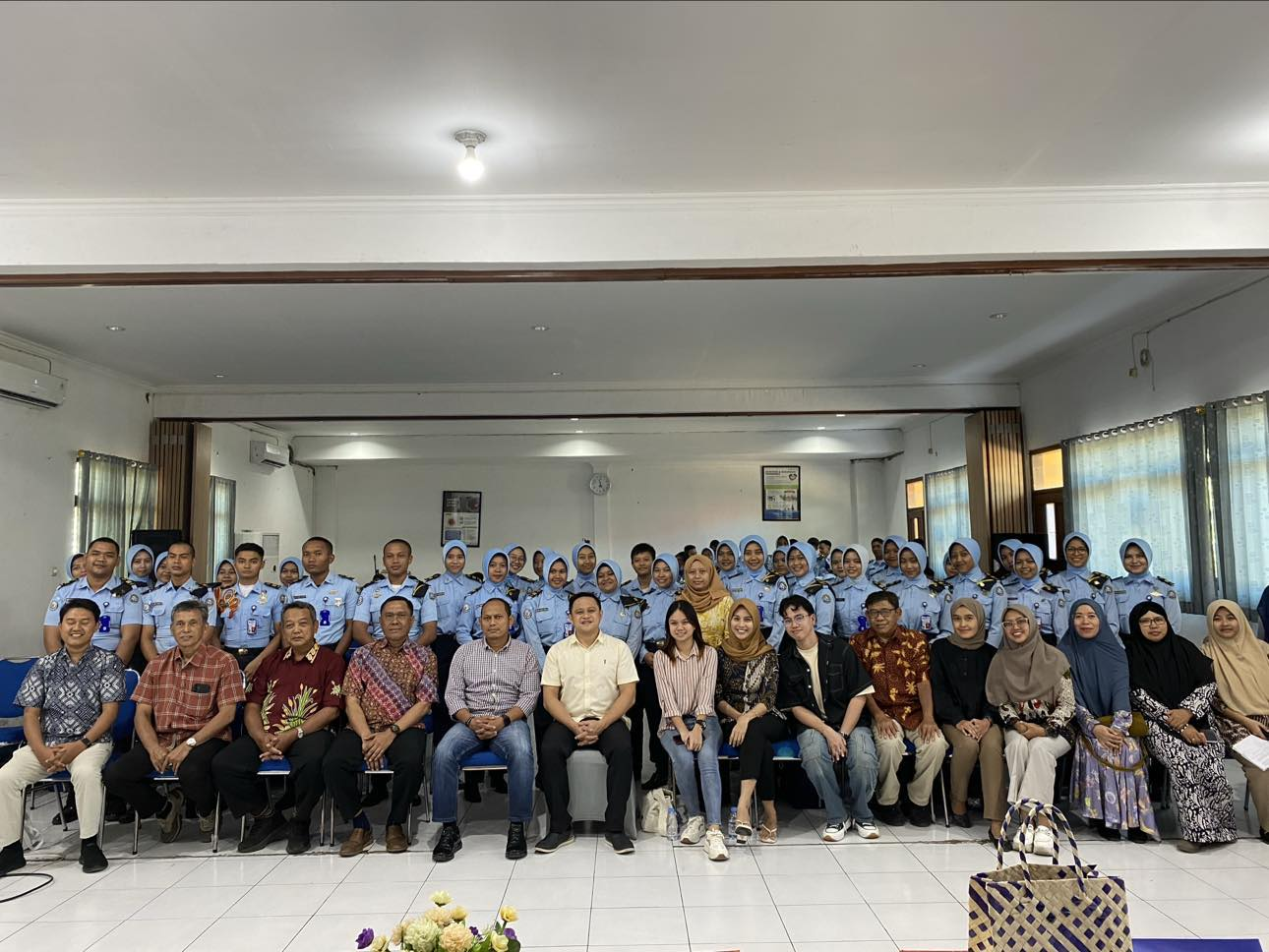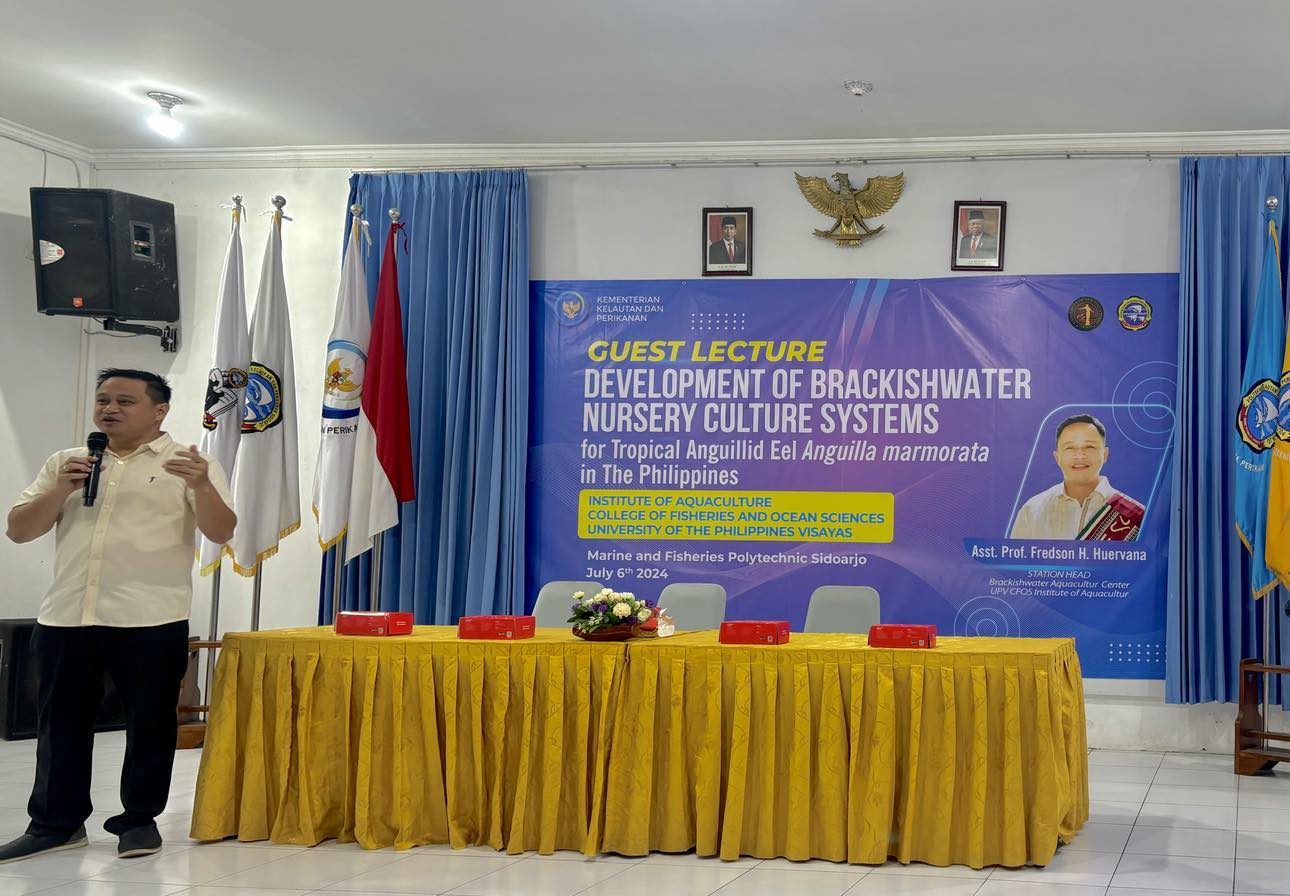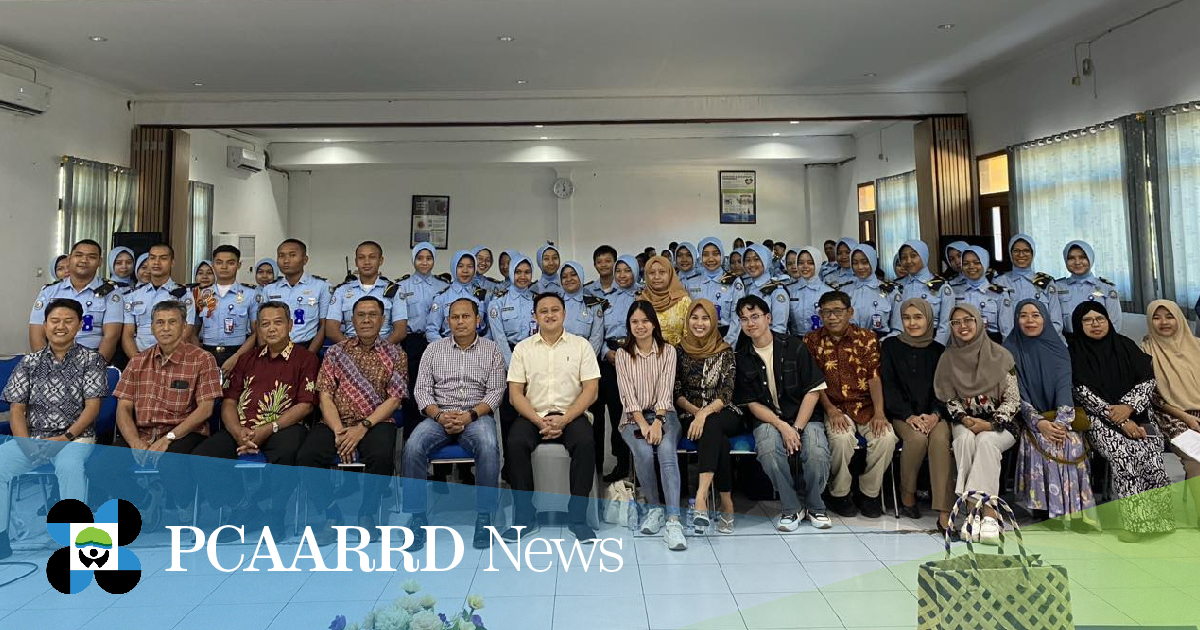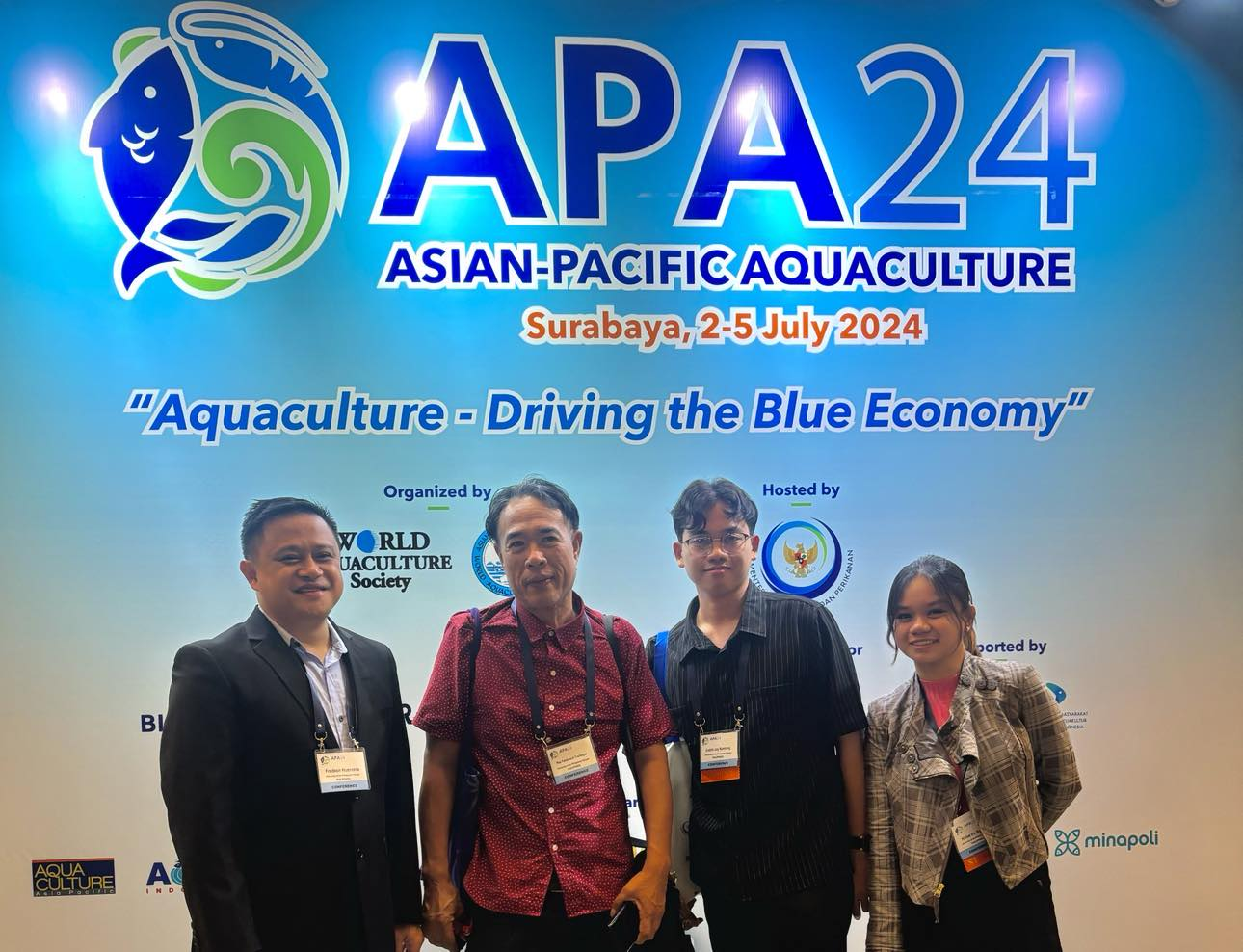
Three studies on the nursery culture of anguillid eel larvae were presented at the Asian-Pacific Aquaculture 2024 organized by the World Aquaculture Society and held in Surabaya, Indonesia on July 2-5, 2024.
Funded by the Philippine Council for Agriculture, Aquatic and Natural Resources Research and Development of the Department of Science and Technology (DOST-PCAARRD), the project, “Development of Brackishwater Culture Systems for Tropical Anguillid Eel, Anguilla marmorata, in the Philippines,” is conducted by the University of the Philippines Visayas (UPV) as part of the Nursery of Eel Enhancement and Development (NEED) Program. The project team attended the activity in Indonesia.
Two studies under the project were presented by its two research assistants, Ms. Kelee Ira B. Nodque and Mr. Cedric Jay A. Nantong. Their studies focused on the successful weaning of A. marmorata larvae to artificial feeds.
Ms. Nodque presented the preliminary results of dietary transition of tropical anguillid eel larvae from fish meat to fish meal based formulated feed. She discussed the weaning of glass eels onto a moist artificial diet. On the other hand, Mr. Nantong presented the results of evaluating dietary transition of tropical anguillid eel elver from dough to crumble diets.
Both studies address the issue of feed acceptance during the initial adaptation phase of glass eels, which often leads to lower survival rates. Results from the studies highlighted the importance of weaning glass eels using a suitable diet to improve growth rates and survival during its crucial life stage. Meanwhile, Project Leader Fredson H. Huervana presented their study, “Optimizing Stocking Densities for Nursery Cage Culture of Tropical Anguillid Eel A. marmorata in Philippine Brackishwater ponds.” This study represents one of the initial phases in establishing nursery pond culture for A. marmorata in the Philippines.
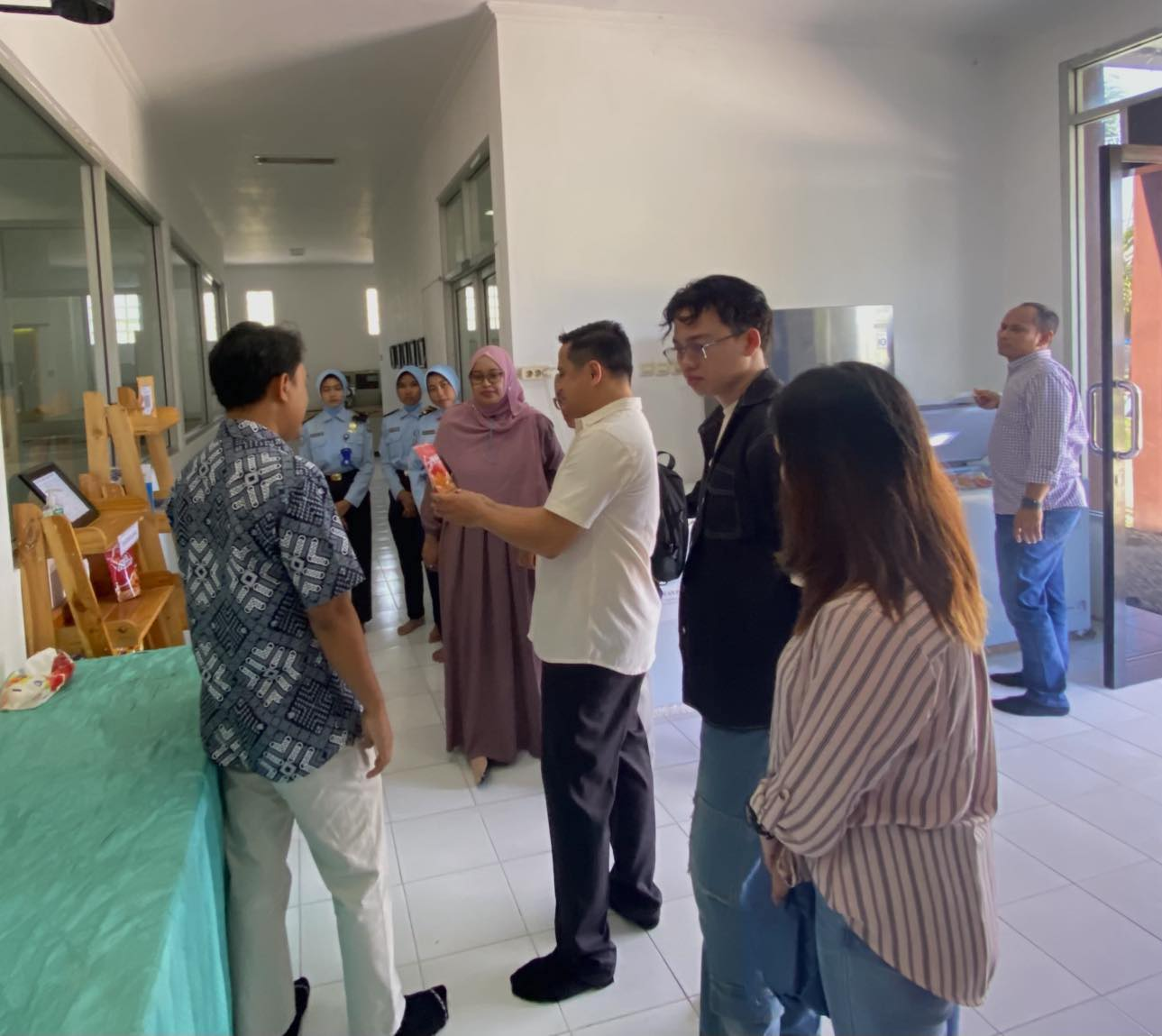
In addition to their participation to the international event, the team also visited the Politeknik Kelautan dan Perikanan Sidoarjo (Sidoarjo Marine and Fisheries Polytechnic [SMFP]), where they also presented their studies and exchanged valuable insights with the esteemed researchers and faculty members of the said institution.
This was followed by a campus tour where the SMFP faculty and students showcased the facilities, technologies, and fisheries products that they have developed. Represented by Mr. Huervana, the visit concluded with fruitful discussions of aiming a future collaboration between the two institutions. This creates possible educational partnership between the Philippines and Indonesia in fisheries education to uplift the fisheries industry in the region.
Aiming to develop a brackishwater-based nursery system for A. marmorata glass eels, the NEED Project II is being implemented by UPV for two years. These international events serve as avenues for the project to conduct knowledge exchange and solicit existing advancements in Indonesia that may be adopted in the country for the benefit of the fisheries sector.
